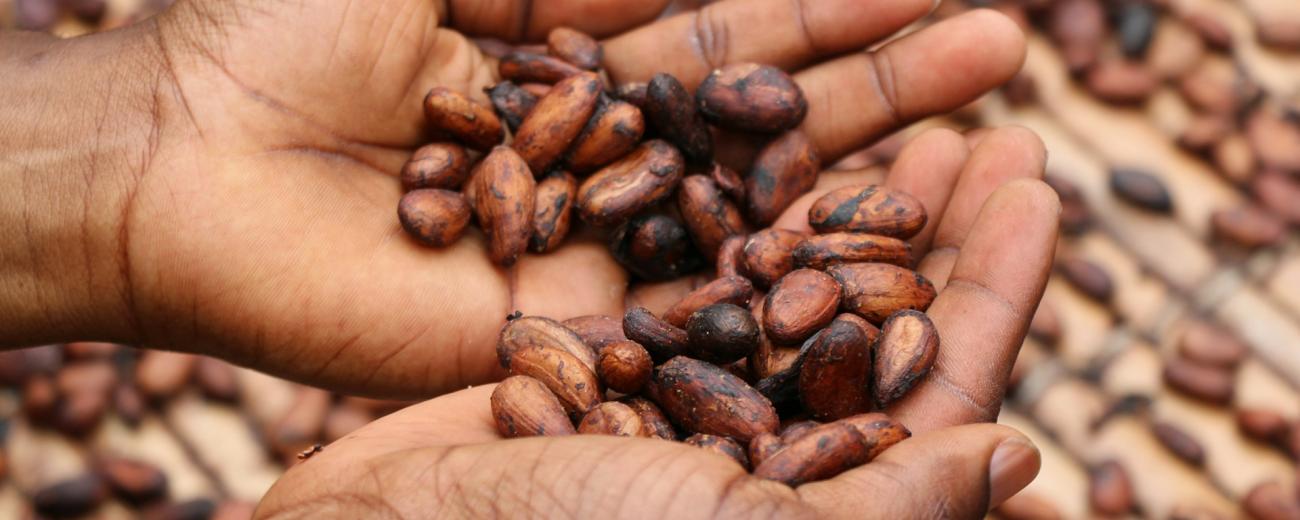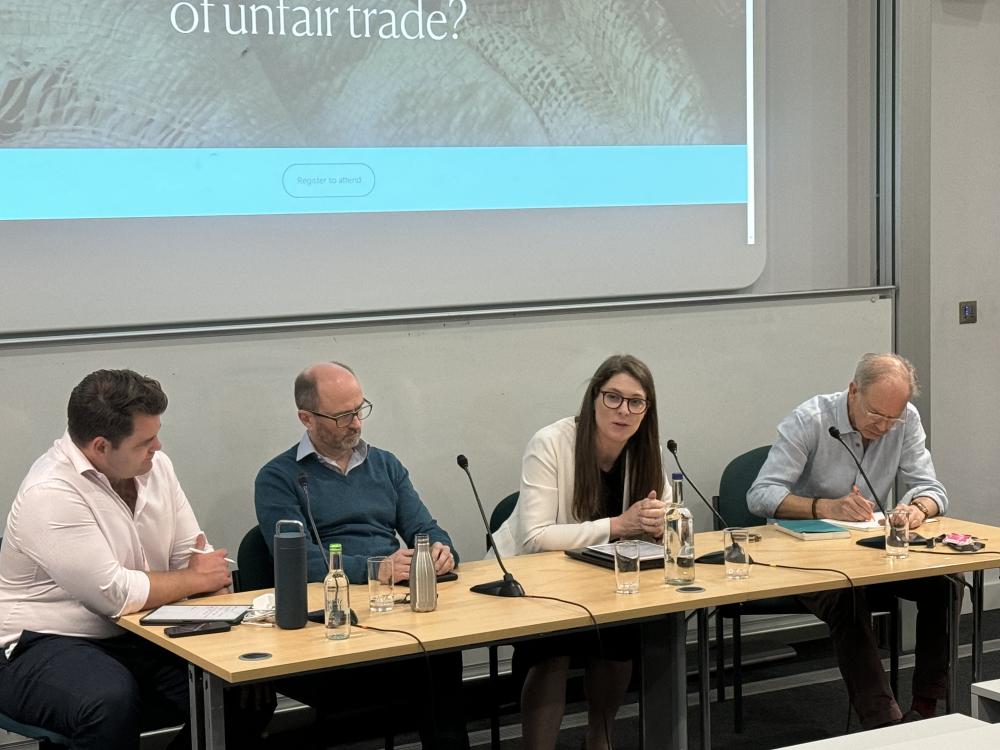DLD brings diverse experts together to discuss the EU’s Deforestation Regulation (EUDR)


The EU Deforestation Regulation (EUDR) will have profound impacts on millions of coffee farmers from 2025, but big questions remain about likely winners and losers.
SOAS DLD brought together a silo-busting group of experts on 18th June 2024 for a conversation about this relatively little-understood new piece of legislation, introduced by the EU as part of its Green Deal. The EUDR is due to come into effect on 1 January 2025, but there are still big questions about the feasibility of policy implementation and who within the supply chain will bear the costs of the measure.
Will Corby of PACT coffee explained that the legislation will require importing companies to produce a due diligence statement guaranteeing that commodities they place on the EU market (including cattle, coffee, cocoa, palm oil , rubber, soy and wood) have not been grown on land deforested since 2020. The statement must include GPS coordinates of the land the commodity was grown on and this information has to be verified by a third party.
The measure will lead to a level of transparency that has never existed across the coffee business and Will is hopeful that this will bring some important benefits in the notoriously opaque coffee supply chain.
From a supply chain perspective, I’m excited. This Regulation gives us an opportunity on every level to understand where every single coffee bean has come from within the European supply chain.
The costs of generating the required data have been estimated at between 3 and 5 cents per pound of coffee. According to Will, coffee importers stand ready to foot this bill – although there is no formal requirement for them to do so. In other commodities covered by the regulation, such as cocoa, the chances of these costs being passed down the supply chain are high.
Winners and losers
There could be big winners and losers from the EUDR. Overnight millions of tons of ‘non-compliant’ coffee will become worthless on the EU market, while some origins could see prices paid for their verified coffee skyrocket.
Brazil, where coffee production is large scale, is likely to be compliant from day one, as is Rwanda, where the government has been investing in the necessary technology. Aaron P Davis from Kew Gardens explained that some ecologically sound small production could fall foul of the rules, while large-scale monocrops could be more easily compliant. He called for a wider, more fit-for-purpose certification systems and he hoped that this could be done without constant prioritization of monetisation of the process.
Jodie Keane from ODI has been tracking the growing number of unilateral green trade measures which are being applied by the EU, UK, US and others, in a ‘green squeeze’ on developing countries. In the case of Ethiopia, ODI research estimates that ensuring compliance with the EUDR will lead to a 10% increase in production costs and a 1% reduction in GDP as the country relies on coffee as its main foreign exchange earner. Ethiopia has requested more time and support from the EU to adapt and get the right systems in place.
Header image credit: Etty Fidele via Unsplash.



